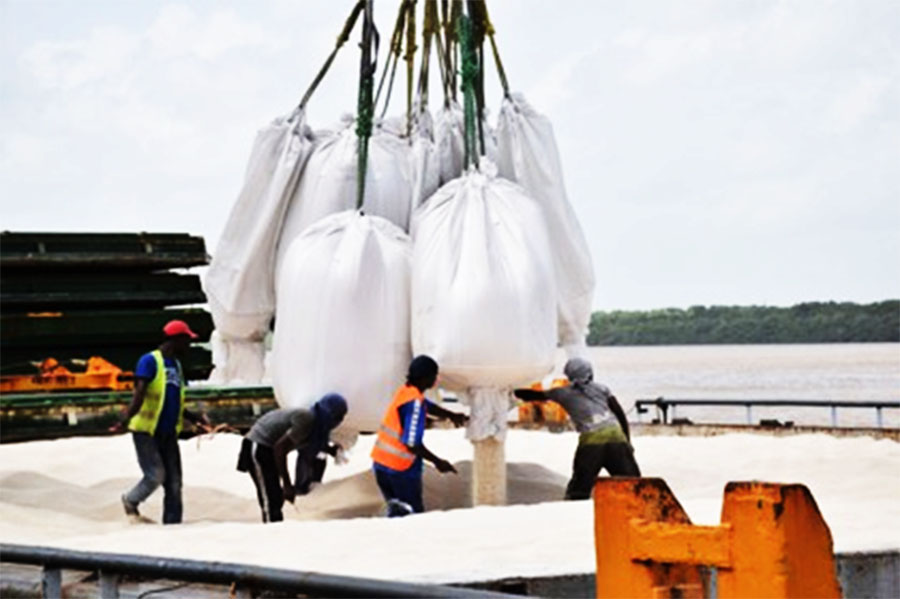By Rawle Lucas
Despite the robust performance of the oil and gas industry, there is an overpowering feeling of deprivation and hopelessness in the streets and homes of ordinary Guyanese. The income flowing through the economy of Guyana has increased nearly 200 percent since 2019, the year in which oil production started. The oil and gas industry itself was responsible for generating 64 percent of that income in 2022. Yet, despite the massive spending by the government, the hype about oil and what its revenues would do for Guyanese has not materialized. In fact, there are clear signs that life has become frustratingly worse for most Guyanese as they struggle with a rising cost of living, deteriorating and deplorable government services and growing income inequality.
Survival instincts are on display as vending spots with low-technology products such as dog food, plantain chips and other edibles mushroom on the parapets of city streets and add to the congestion and untidy and filthy look of Georgetown. The feelings of exclusion and deprivation among most Guyanese may well be manifesting itself now in the performance of the stock market operating in the country. The stock market is not a place where most Guyanese shop, but, based on economic wisdom, the information that it produces is of relevance to all. In fact, the behaviour of the stock market, a market that is often perceived as a leading indicator of economic performance by respectable investors, might well be telling us that things are about to get worse for ordinary Guyanese.

